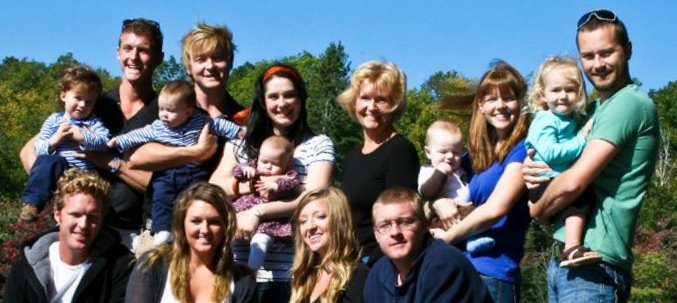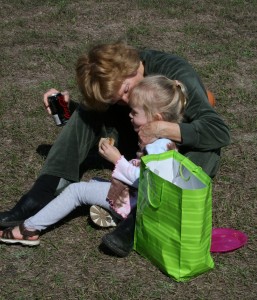This afternoon I enjoyed an hour on the phone with Nelson when he called from the New Zealand base of Youth With A Mission where he’s working. New Zealand is about as far from Michigan as anyplace, but the connection between our two cell phones was flawless, as if he was calling from next door.
After we talked about incidentals, we got into a meaty conversation about committing our lives to Christ and what that means day-to-day. We agreed it’s a rare moment when any of us is 100% committed. Most of us hold back a few things we’d rather not surrender, leaving us maybe 98% committed. So, is there a loss for such an almost-committed person?
We agreed God usually lets us do our own thing but then might withhold the empowering he was ready to give us if we’d been all-out for him, the Spirit-power to accomplish something amazing with eternal benefit to ourselves or others. We agreed it’s possible to be 100% for a day… or maybe an hour… or more likely two minutes. It’s the thought-life that smudges us and brings us down.
I love talking to Nelson about spiritual things and miss our nightly conversations in front of the fireplace. Actually I miss conversations with all of my kids, especially when we “go deep” like we did today. It’s satisfying to wrestle together with some of life’s thorny issues, particularly when Scripture factors into the discussion.
I like to say I have 7 + 2 + 5 children: 7 kids, 2 in-law children and 5 grandchildren. And 13 of those 14 live far, far away.
Klaus: 1 mile(s)
Lars: 95 “
Birgitta: 255 ”
Linnea and family: 1160 ”
Hans and family: 3941 ”
Louisa: 4418 ”
Nelson: 8838 ”
Today while talking with Nelson, I tried to think away from the knowledge that he was almost 10,000 miles away. Dwelling on the distance of my family members is non-productive. It’s actually unnerving.
A better idea is to enjoy a good cell connection and a lengthy conversation. A wise friend once told me, “Receive what you’re given and don’t wish for more.”
Always wishing for more comes naturally, but unfortunately, that mindset erodes the value of what’s currently being given. It’s also a good example of holding back 2% from God.
I can bellyache about my kids being far away, focusing on the negative, or I can delight in their frequent calls, emails and thoughtful attentions toward me. I can be thankful they work hard at staying current with each other and that no barriers lie between any of us. I can appreciate that each is working hard at a meaningful pursuit. I can rejoice in phone conversations of substance, and be glad they all come home whenever they can.
And tonight I can smile broadly, knowing Birgitta is driving in my direction, as she begins her spring break!
“Let the peace of Christ rule in your hearts, since as members of one body you were called to peace. And be thankful.” (Colossians 3:15)





